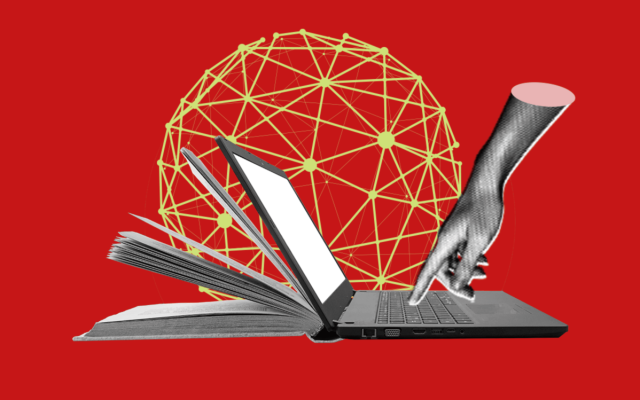A Pathway towards Inclusion
Active aging and lifelong learning have become key priorities across Europe as societies face rapid demographic shifts and increasing digitalization. The European Union actively supports initiatives that encourage older adults to remain engaged, independent, and socially connected. A flagship program, the European Innovation Partnership on Active and Healthy Ageing (EIP on AHA), exemplifies this commitment by fostering innovation to improve quality of life for older citizens while reducing the strain on healthcare systems.
However, disparities in aging-related policies and outcomes remain significant across EU countries. For instance, the Active Ageing Index (AAI), which measures how effectively countries support active aging, highlights these differences. In 2018 (last year available), Sweden led with a score of 47.2, while Greece lagged behind at 27.7. Italy, with a score of 33.8, ranked below the EU average of 35.7, reflecting the need for more robust frameworks to foster the inclusion and engagement of older adults.
Italy faces unique challenges, with an elderly dependency ratio—the proportion of people aged 65 and older relative to the working-age population—at 37.8%, the second highest in Europe after Portugal (Eurostat, 2024). While this presents structural and economic pressures, it also underscores the importance of rethinking societal attitudes toward aging. Thanks to rising healthy life expectancy, many Italians over 65 remain active and self-sufficient, challenging outdated perceptions of older adults as dependent or marginalized.
The shift toward active aging presents opportunities beyond addressing welfare sustainability. Older adults’ participation in the workforce, volunteer activities, and family life can drive economic productivity, reduce healthcare costs, and balance pension systems. By embracing this paradigm, societies can turn the challenges of aging into opportunities for growth and innovation.
In this context, digital literacy plays a pivotal role. The ability to navigate the digital landscape is increasingly essential not only for accessing services but also for staying connected in an ever-evolving society. Intergenerational learning has emerged as a transformative approach, pairing younger and older generations to exchange knowledge and experiences.
In Italy, the Fondazione Mondo Digitale has been at the forefront of intergenerational initiatives. Since 2002, its groundbreaking Nonni su Internet (Grandparents on the Internet) program has provided older adults with essential digital skills through guidance from younger tutors. This approach not only equips participants with tools for navigating an increasingly digital world but also strengthens intergenerational bonds, fostering a sense of community and purpose.
Projects like e-EngAGEd, by engaging young mentors to support older learners, foster mutual understanding, reduce age-related stereotypes, and strengthen community ties. This dual focus on digital skills and relationship-building aligns perfectly with EU goals of social cohesion and lifelong learning.
These efforts demonstrate that active aging is not just about participation but also about creating opportunities for all generations to thrive together. As Europe navigates the challenges of an aging population, projects like Nonni su Internet and e-EngAGEd serve as reminders of the power of collaboration to build more inclusive, digitally literate societies, future where aging is not a burden but a source of strength and innovation.

By Alberta Testa, social media manager


